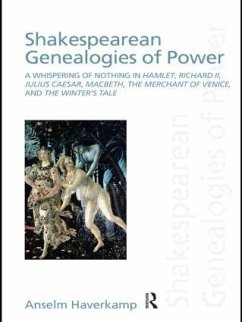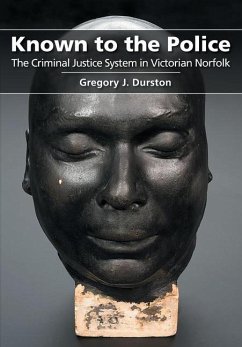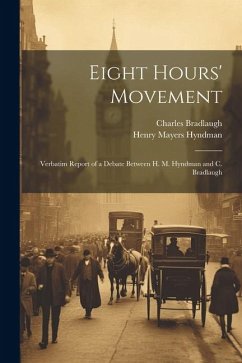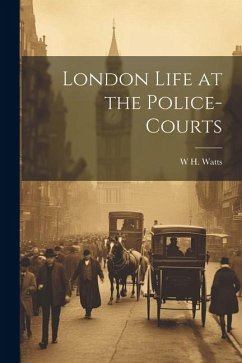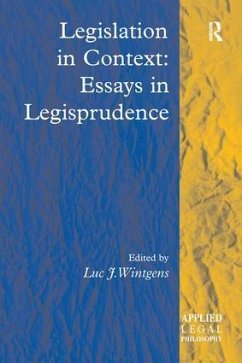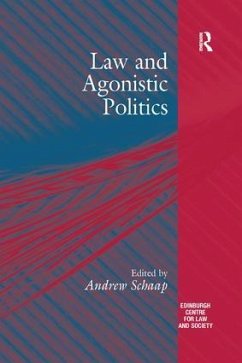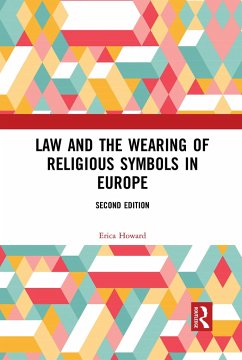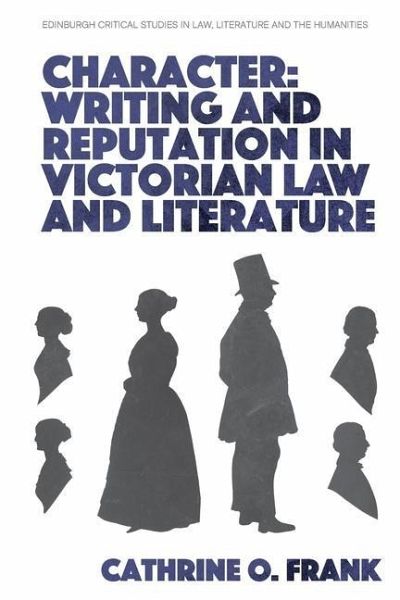
Character, Writing, and Reputation in Victorian Law and Literature
Versandkostenfrei!
Versandfertig in über 4 Wochen
34,99 €
inkl. MwSt.

PAYBACK Punkte
17 °P sammeln!
Examines legal and literary narratives of personhood in the nineteenth century Why would Hawthorne and Eliot grant their fallen women an anachronistic right to silence that could only worsen their punishment? Why did Bronte and Gaskell find gossip such a useful source of information when lawyers excluded it as hearsay? How did Trollope's work as an editor influence his preoccupation throughout his novels with libel? Drawing on a range of primary sources including novels, Victorian periodical literature, legislative debate, case law, and legal treatise, Cathrine O. Frank traces the ways convent...
Examines legal and literary narratives of personhood in the nineteenth century Why would Hawthorne and Eliot grant their fallen women an anachronistic right to silence that could only worsen their punishment? Why did Bronte and Gaskell find gossip such a useful source of information when lawyers excluded it as hearsay? How did Trollope's work as an editor influence his preoccupation throughout his novels with libel? Drawing on a range of primary sources including novels, Victorian periodical literature, legislative debate, case law, and legal treatise, Cathrine O. Frank traces the ways conventions of literary characterisation mingled with character-centred legal developments to produce a jurisprudential theory of character that extends beyond the legal profession. She explores how key categories and representational strategies for imagining individual personhood also defined communities and mediated relations within them, in life and in fiction. This book offers new readings of works by Nathaniel Hawthorne, George Eliot, Anne Bronte, Elizabeth Gaskell, Anthony Trollope, Robert Louis Stevenson, Oscar Wilde and Arthur Conan Doyle. It analyses their literary constructions of character in relation to specific legal cases and doctrines, including the right to silence, libel and privacy. Key Features: - traces the concept of character through related areas of law, cultural discourses of character and the formal structures of the novel - includes new work on Anthony Trollope's topical and editorial interest in libel - includes new coverage of the relationship between libel, the development of privacy rights and emerging modernist aesthetics - presents a transatlantic approach to select works and issues, including the right to silence and privacy Cathrine O. Frank is Professor of English at the University of New England, Maine, USA



